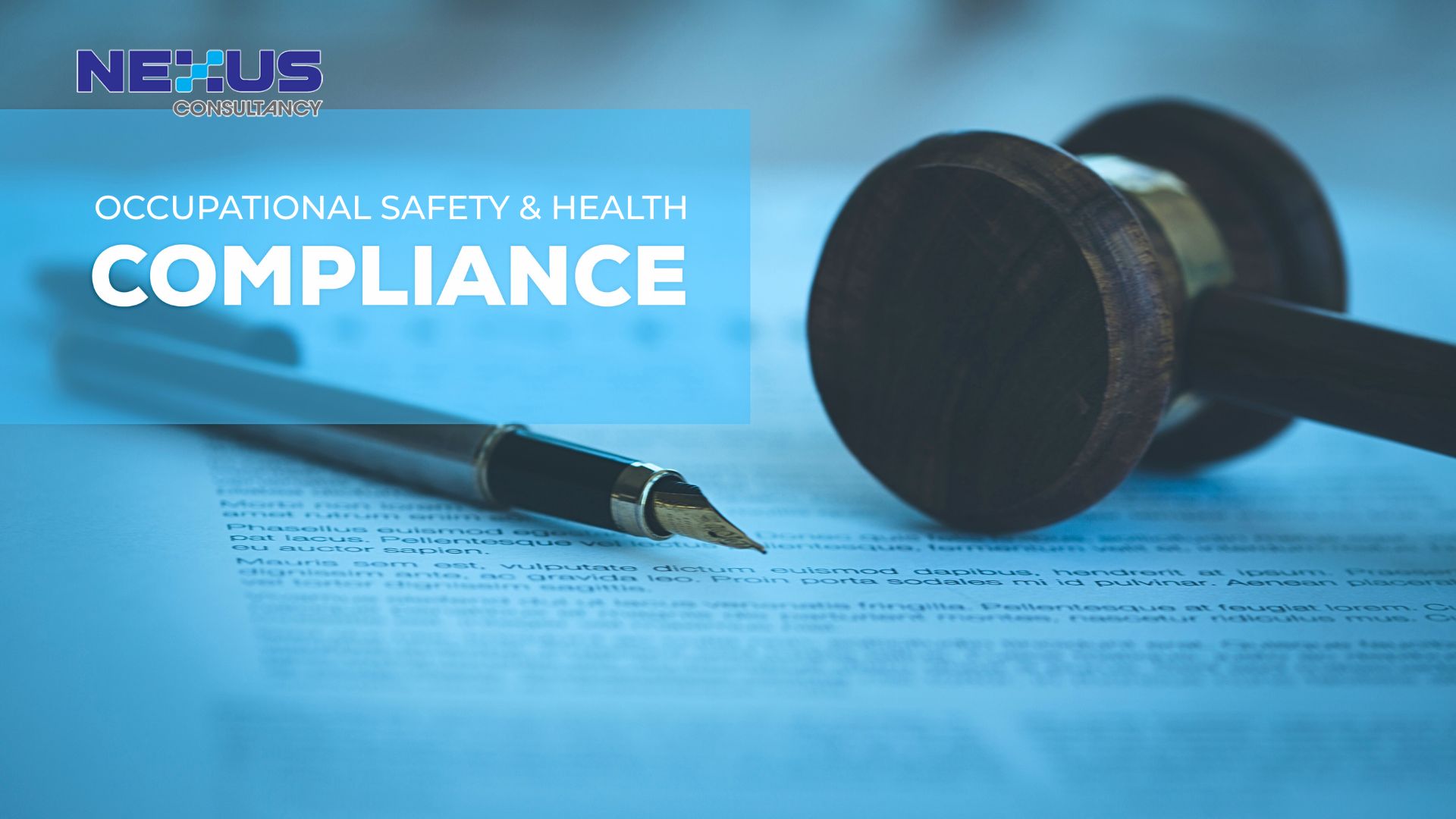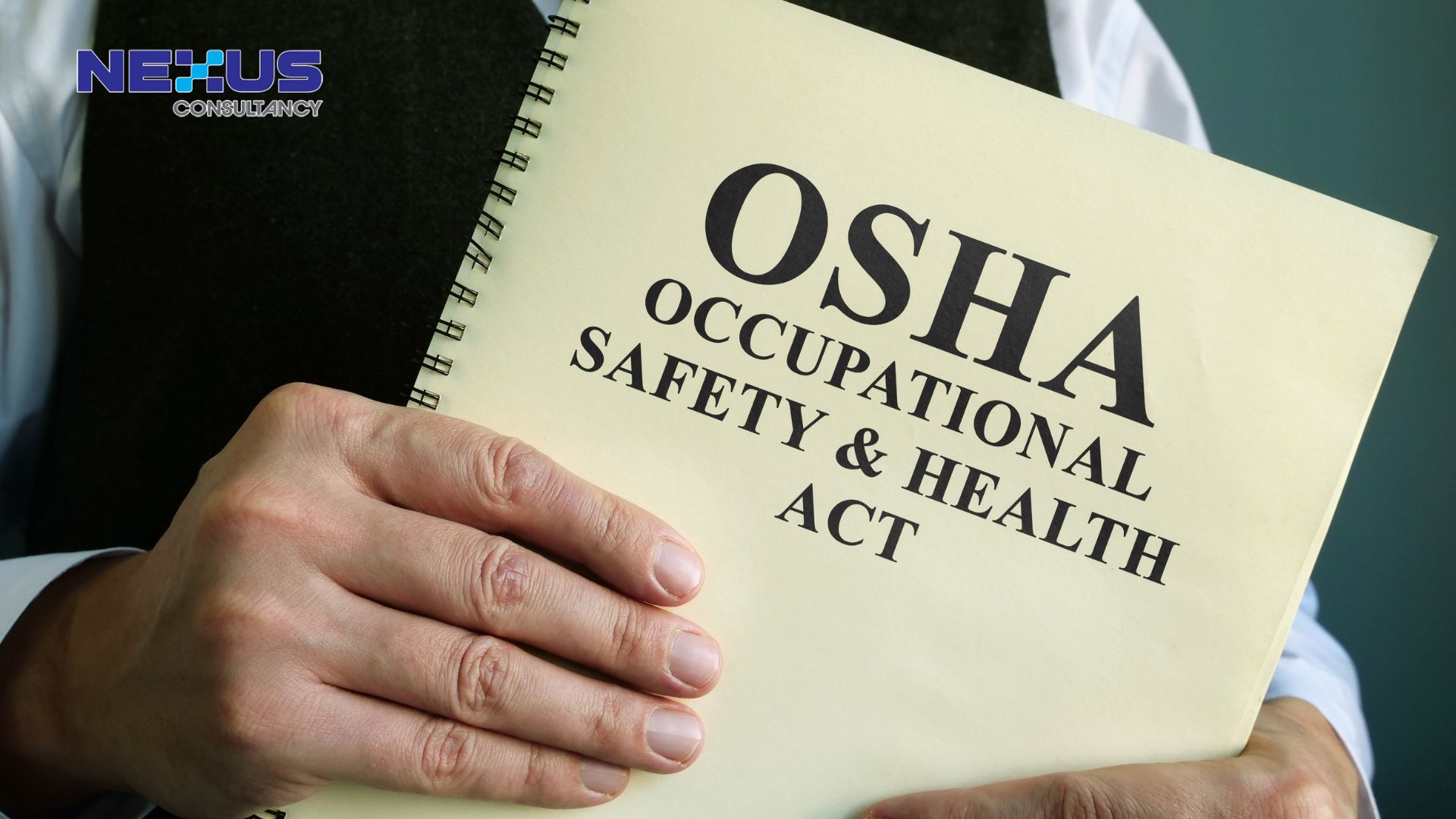
Tey Su Yin
Management Consultant
” Corruption is one of the most serious global threats of our time. It has disastrous effects on the economy and environment and is linked to a crisis of democracy and rising inequalities. “
– 3 mins read
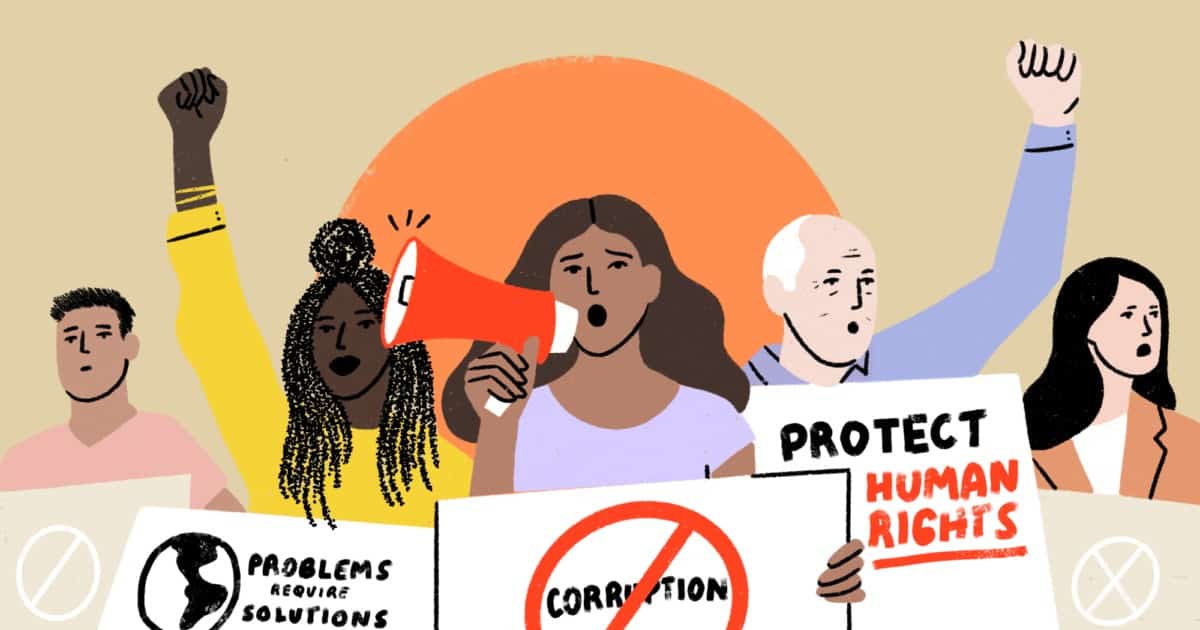
International Anti-Corruption Day
Since 2005, the International Anti-Corruption Day has been marked on December 9 each year to raise awareness about the global issue. Governments, businesses, non-governmental organizations, the media, and citizens all across the world are banding together to combat this crime.
Corruption is a global problem that is one of the most significant impediments to global economic and social growth. Transparency International defines it as the misuse of entrusted power for personal gain.
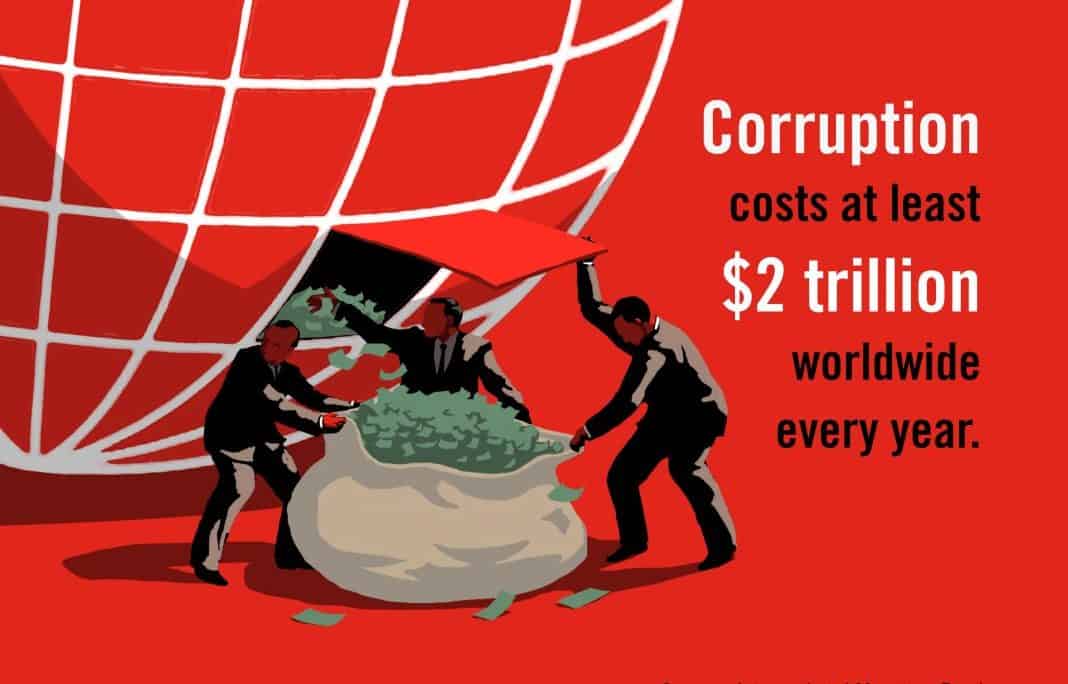
Why Anti-Corruption?
When a corrupt individual or individuals have a detrimental impact on a company’s resources, the company will have a harder time turning those resources into profit. This is because the business’s resources have been depleted to the point where it can no longer run efficiently or maintain its current levels of operation.
A corrupt business, in most cases, becomes a publicly acknowledged corrupt enterprise. The customers of that company will lose faith in the company. As a result, the company will incur penalties and legal expenditures, which will have a significant impact on critical resources required elsewhere.
When bribes are necessary to do business, corrupt enterprises will have a harder time finding investors. When an investor invests in a business, he or she assumes certain risks. However, if corruption is present, the risks are compounded by the fact that the business climate might change at any time as a result of the corrupt activities that exist in that climate.
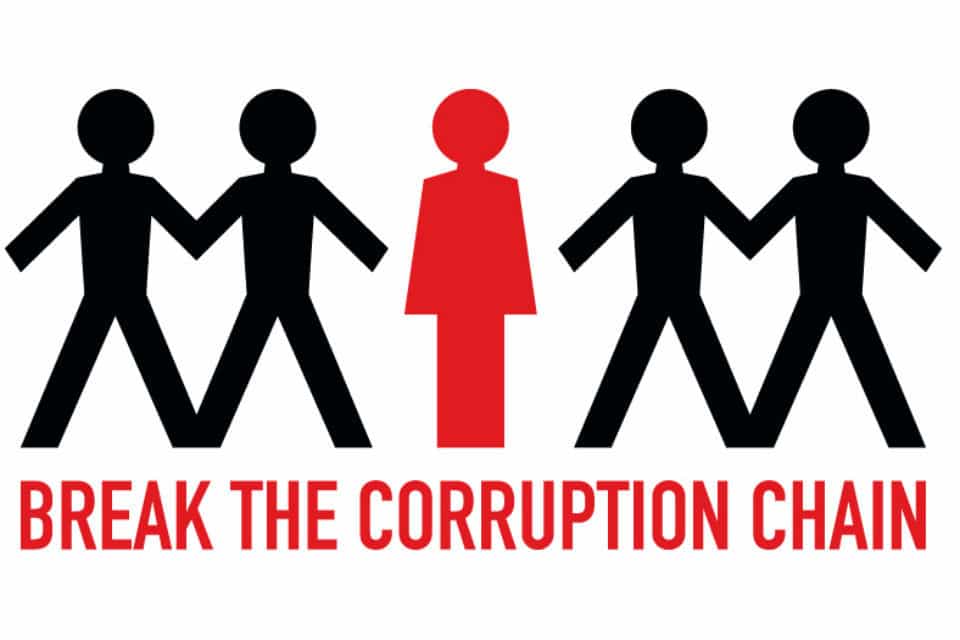
How to avoid corruption?
Bribery and corruption must be addressed at the corporate level. It all starts with cultivating a more ethical culture and being acutely aware of any behaviors that may be illegal.
The first step in enabling those who see bribery and corruption to disclose it is to establish a speak up culture. The first thing the organization can do is put in place the proper procedures, such as having a system in place to encourage all employees to report wrongdoing. A hotline could be beneficial. Internal auditing controls should be tight as well, with receipts being required everywhere and no cash payments accepted. Staff, contractors, and agents should all be educated on how to avoid corruption and bribery.
The goal is to keep the business’s procedures as transparent and effective as feasible while being practical. Meanwhile, top-level management should remain dedicated to the plan at all times and set a good example for lower-level staff.
In addition, the organization should be able to identify the risks of bribery. Certain employees may be at a higher risk than others of providing or receiving bribes or engaging in other forms of corruption. When difficult judgments must be made, these individuals should be trained and equipped with the methods for doing so.
You must be informed of your position and duties in the fight against corruption in order to safeguard your rights.
Share this article with your friends and let them know it is our right and responsibility to say no to corruption! Democracy is hard work and so is Anti-Corruption, but they are worth it!
More Article
Empowering Employees through ESG: The Role of Training and Awareness
Chief Operating OfficerEmpower your team with ESG training. ISO-aligned, practical, and impactful for SMEs in Malaysia.As businesses around the world embrace Environmental, Social, and Governance (ESG) principles, a common mistake is treating ESG solely as a boardroom...
ESG for SMEs: Simple Steps to Get Started (Even with a Small Team)
Chief Operating OfficerSimple ESG tips for SMEs. Begin your journey with support from trusted ESG consultants in Malaysia.In today’s business environment, Environmental, Social, and Governance (ESG) practices are no longer just for large corporations. Small and...
What Is Food Safety Culture and Why It Matters More Than Ever
Chief Operating OfficerLearn why food safety culture is a must-have for compliance, brand trust, and growth—backed by ISO consultants in Malaysia.In today’s competitive and tightly regulated food manufacturing landscape, compliance alone is no longer enough. To...
Why Proactive OSH Legal Compliance Is Good for Business Reputation
Chief Operating OfficerWorried about Malaysia’s OSH Act penalties or workplace audit readiness? Discover how proactive OSH compliance builds trust, reduces fines, and supports ESG goals.In today’s competitive market, companies are judged not just by their products or...






